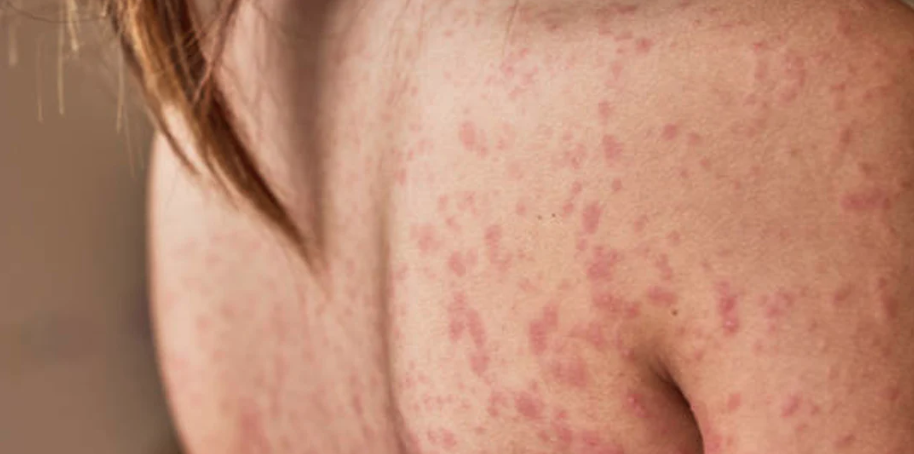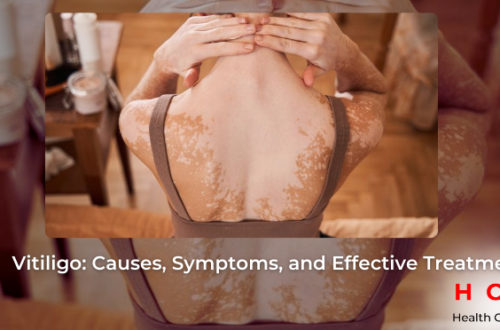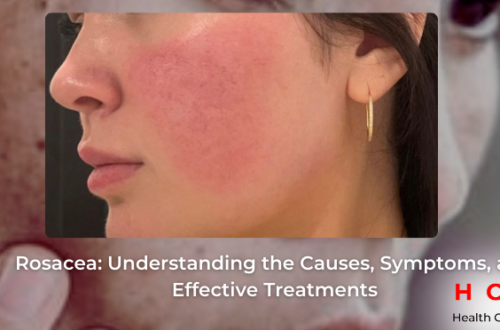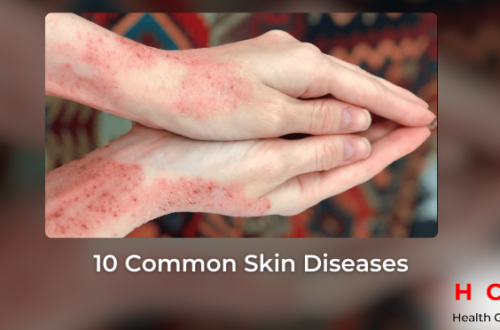
Psoriasis: Causes, Symptoms, and Effective Treatments
Psoriasis is a long lasting auto – immune skin disease which increases the skin cells’ renewal rate, consequently, creating thick patches on the skin surface. This leads to formation of glowing red patches covered with silvery scales on the skin’s surface since it causes overproduction of skin cells. Psoriasis is a noncontagious condition but can cause discomfort as well as sometime pain. It is a common skin condition, which affects millions of people across the globe and though there is no cure for it, there are treatment options available.
This article also aims at giving a detailed explanation and description of what psoriasis is, possible causes, signs, stages and classes of the condition, and some of the most recommended treatment procedures for the condition.
What is Psoriasis?

Psoriasis is a chronic disease of the skin, which appears due to improper functioning of the immune system of the organism. It promotes cell regeneration on the skin’s surface at a very fast pace making cells pile on the outermost layer of the skin. Usually, skin cells divide and die in the space of a month. In psoriasis, this process takes just several days and end up in the formation of thickened patches of skin, called, respectively – plaques. These plaques are usually characterized by itching, dryness and have a silver-whitesheen.
Psoriasis is skin disease that is characterized by formation of silver colored scales on the scalp, elbows, knees, and lower back. In more complicated cases, it can also affect the face, hands, feet and other parts of the body.
Causes of Psoriasis
The exact cause of psoriasis is not fully understood, but it is generally believed to be the result of a combination of genetics and environmental factors. The immune system plays a key role in the development of psoriasis by mistakenly attacking healthy skin cells, causing the body to produce more cells than needed.
Several factors can trigger or worsen psoriasis, including:
- Genetics: A family history of psoriasis increases the likelihood of developing the condition. Genetic mutations linked to the immune system may predispose individuals to psoriasis.
- Immune System: Psoriasis is an autoimmune disorder where the immune system becomes overactive and attacks healthy skin cells.
- Environmental Triggers: External factors such as stress, smoking, infections, skin injuries, and exposure to certain medications can trigger or worsen psoriasis flare-ups.
- Infections: Streptococcal infections, such as strep throat, are known triggers for guttate psoriasis, a particular type of the disease.
- Lifestyle Factors: Stress, smoking, excessive alcohol consumption, and obesity can exacerbate psoriasis symptoms.
Symptoms of Psoriasis
The most common symptoms of psoriasis include:
- Red Patches of Skin: These patches are often inflamed and covered with silvery scales.
- Itching or Burning Sensation: The affected areas can become intensely itchy, which may lead to scratching and skin damage.
- Dry, Cracked Skin: The skin may crack and bleed, causing further discomfort.
- Thickened Nails: Psoriasis can affect the nails, causing them to become thickened, ridged, or discolored.
- Joint Pain: Some people with psoriasis develop psoriatic arthritis, a condition characterized by joint pain, stiffness, and swelling.
Psoriasis can vary in severity, from small patches that resemble dandruff to large areas covering significant portions of the body.
Types of Psoriasis
There are several types of psoriasis, each with distinct characteristics:
- Plaque Psoriasis: The most common type, plaque psoriasis, causes red, inflamed patches of skin covered with silvery-white scales. These patches often appear on the elbows, knees, and scalp.
- Guttate Psoriasis: This type of psoriasis often occurs in children or young adults and is characterized by small, drop-shaped spots on the skin. It is commonly triggered by bacterial infections, such as strep throat.
- Inverse Psoriasis: This form affects skin folds, such as the armpits, groin, and under the breasts. The patches are bright red, smooth, and shiny, without the scales seen in other forms.
- Pustular Psoriasis: Pustular psoriasis causes white pustules (blisters of non-infectious pus) surrounded by red skin. It can be localized or widespread and may cause fever, chills, and fatigue.
- Erythrodermic Psoriasis: This severe form of psoriasis can cover the entire body with a red, peeling rash that may itch or burn intensely. Erythrodermic psoriasis requires immediate medical attention, as it can be life-threatening.
- Nail Psoriasis: Psoriasis can affect the nails, causing them to become thickened, pitted, or separated from the nail bed.
- Psoriatic Arthritis: This form of psoriasis affects the joints, leading to swelling, stiffness, and pain. If left untreated, it can cause permanent joint damage.
How is Psoriasis Diagnosed?
A dermatologist typically diagnoses psoriasis based on a physical examination of the skin, nails, and scalp. In some cases, a biopsy (small skin sample) may be taken to rule out other skin conditions. Blood tests may be used to diagnose psoriatic arthritis if joint pain or swelling is present.
Treatment Options for Psoriasis
Although there is no cure for psoriasis, various treatments can help manage the symptoms and improve quality of life. Treatment depends on the severity of the condition and the type of psoriasis a person has. Common treatments include:
1. Topical Treatments
- Corticosteroids: These anti-inflammatory creams and ointments are the most commonly prescribed treatment for mild to moderate psoriasis.
- Vitamin D Analogues: These creams slow down the growth of skin cells and are often used in combination with corticosteroids.
- Coal Tar: This thick, black ointment can reduce scaling, itching, and inflammation.
- Salicylic Acid: This treatment helps remove scales and promotes smoother skin.
2. Phototherapy
Phototherapy, or light therapy, involves exposing the skin to ultraviolet (UV) light under medical supervision. This can slow down the production of skin cells and reduce inflammation. Phototherapy is typically used for moderate to severe cases of psoriasis.
3. Oral and Injectable Medications
For more severe forms of psoriasis, systemic treatments that affect the entire body may be necessary:
- Biologics: These injectable medications target specific parts of the immune system to reduce inflammation. Common biologics include adalimumab, etanercept, and infliximab.
- Methotrexate: This oral medication suppresses the immune system and slows down the production of skin cells.
- Cyclosporine: Another immunosuppressant, cyclosporine, is used to treat severe psoriasis but comes with potential side effects like high blood pressure and kidney damage.
4. Lifestyle Changes
Making certain lifestyle changes can also help manage psoriasis:
- Moisturizing Regularly: Keeping the skin hydrated helps reduce dryness, itching, and scaling.
- Avoiding Triggers: Identifying and avoiding triggers such as stress, smoking, and infections can help prevent flare-ups.
- Healthy Diet: Eating a balanced diet and maintaining a healthy weight can reduce the severity of psoriasis.
Natural Remedies for Psoriasis
Several natural remedies may help soothe the symptoms of psoriasis:
- Aloe Vera: Applying aloe vera gel to affected areas can reduce inflammation and soothe the skin.
- Omega-3 Fatty Acids: Found in fish oil supplements, omega-3s have anti-inflammatory properties that may help reduce psoriasis symptoms.
- Dead Sea Salt Baths: Soaking in a warm bath with Dead Sea salts can soften the skin and remove scales.
- Oatmeal Baths: Adding colloidal oatmeal to a bath can help relieve itching and irritation.
Living with Psoriasis
Psoriasis is a chronic disease and it can only be controlled throughout the subject’s lifetime. The good news is that most people can control flare-ups and manage their symptoms with the help of medications and changes in daily routine. Overall, if a person has psoriasis it is important for him/her to seek the assistance of a dermatologist to determine the most effective treatment of the skin condition.





